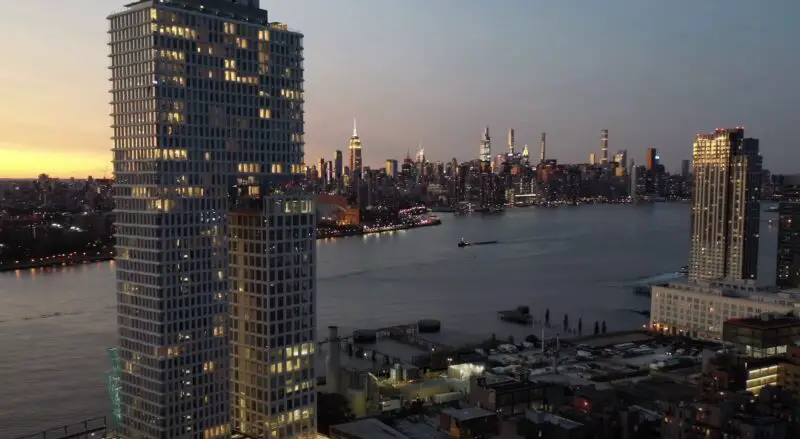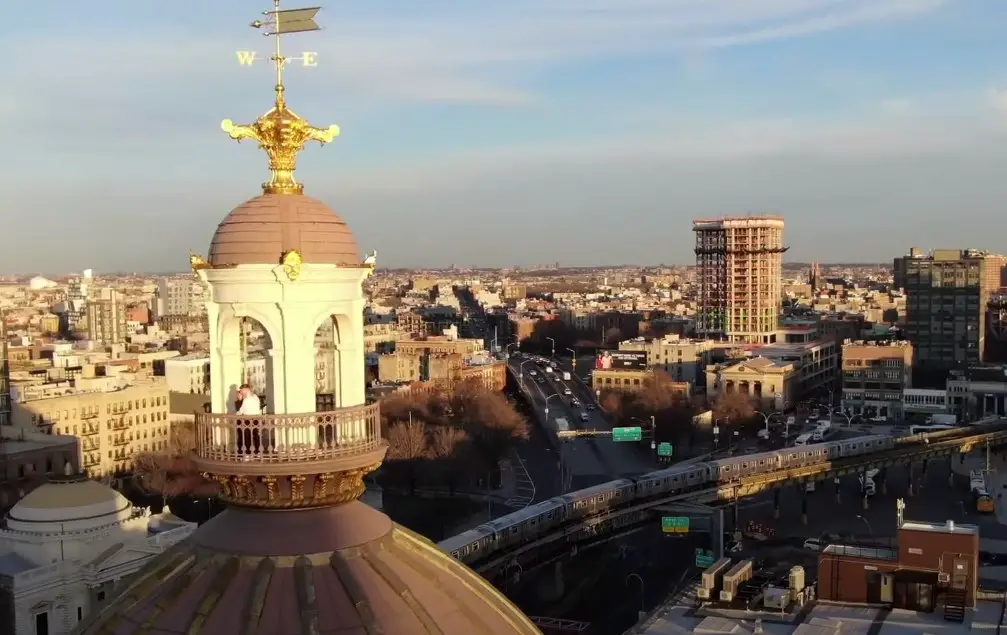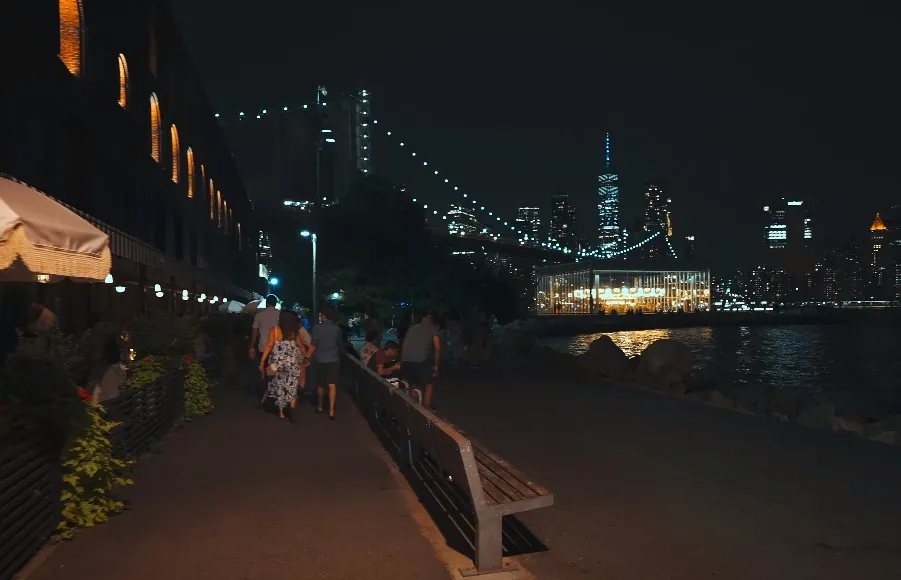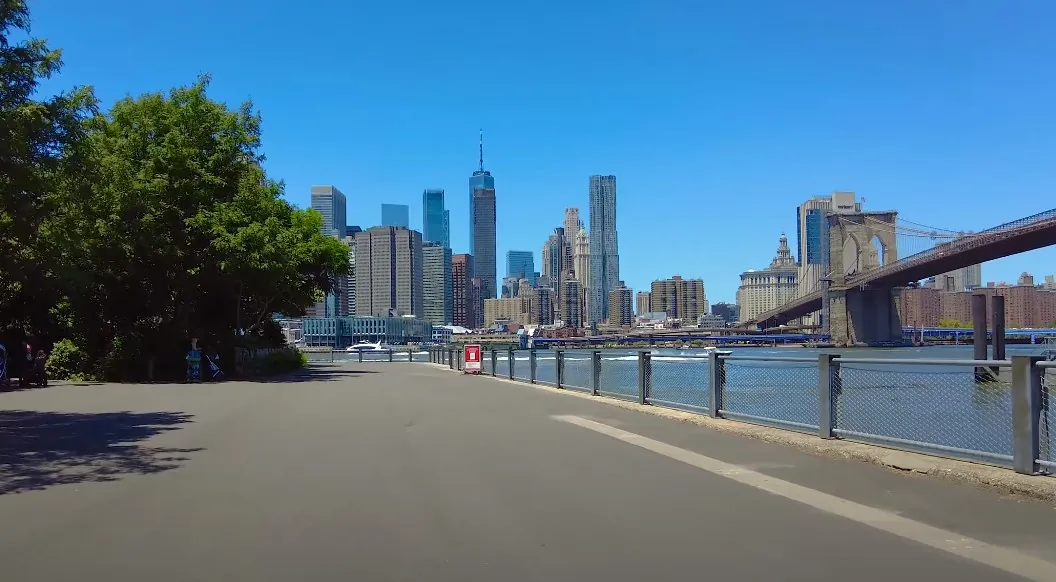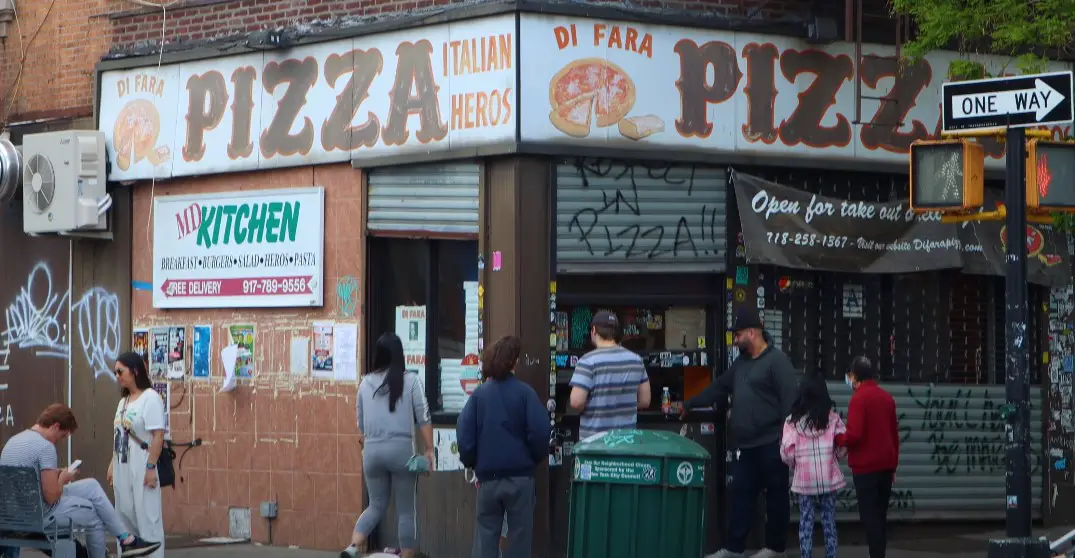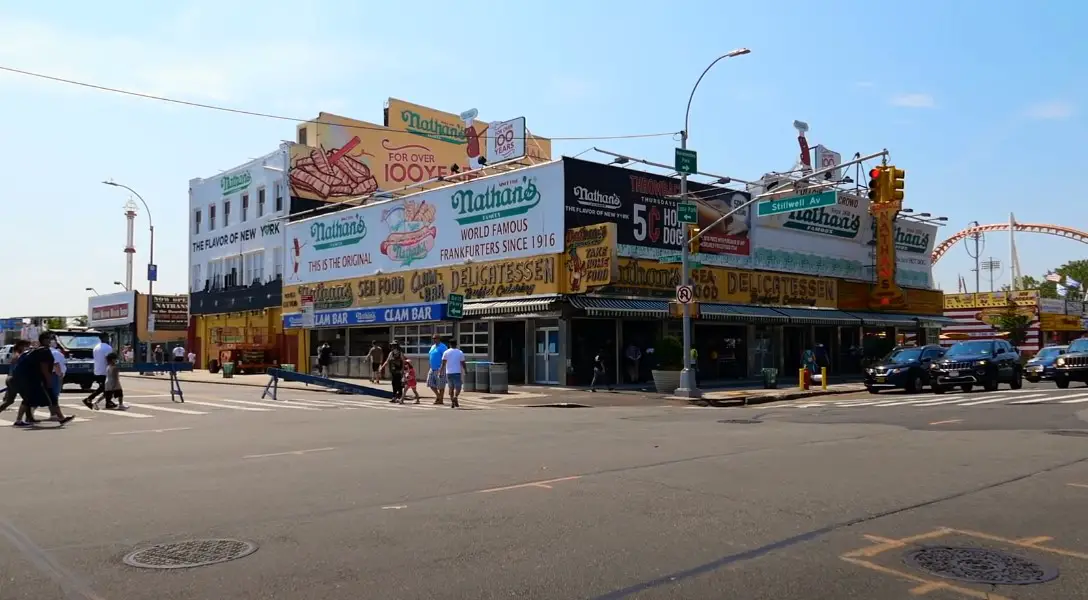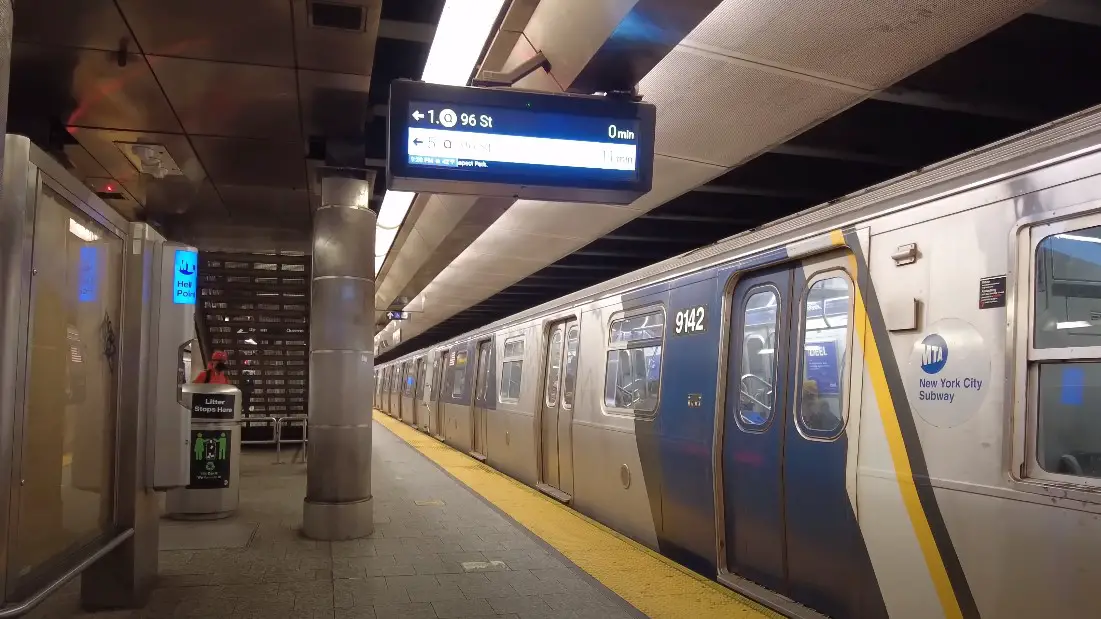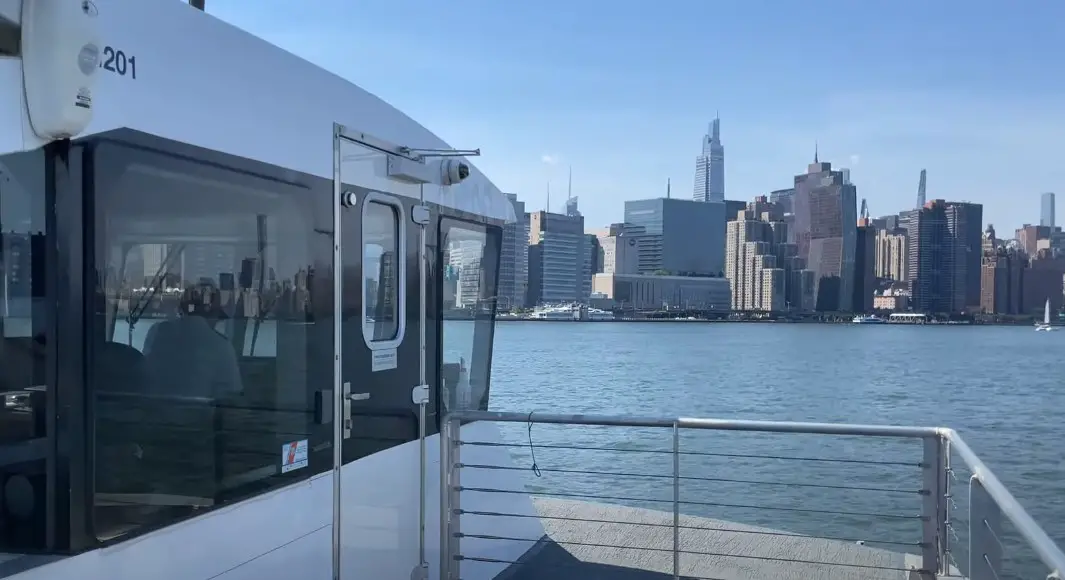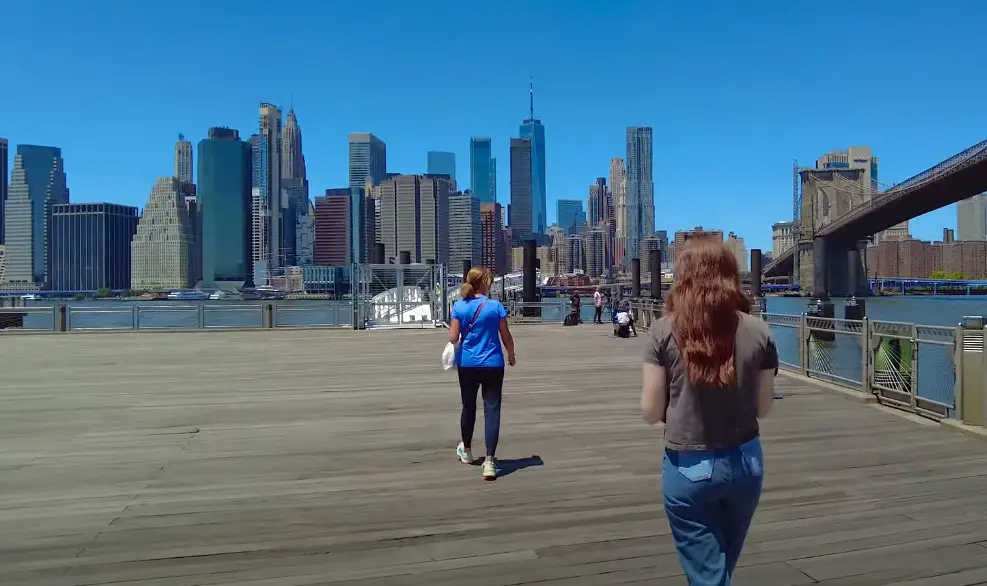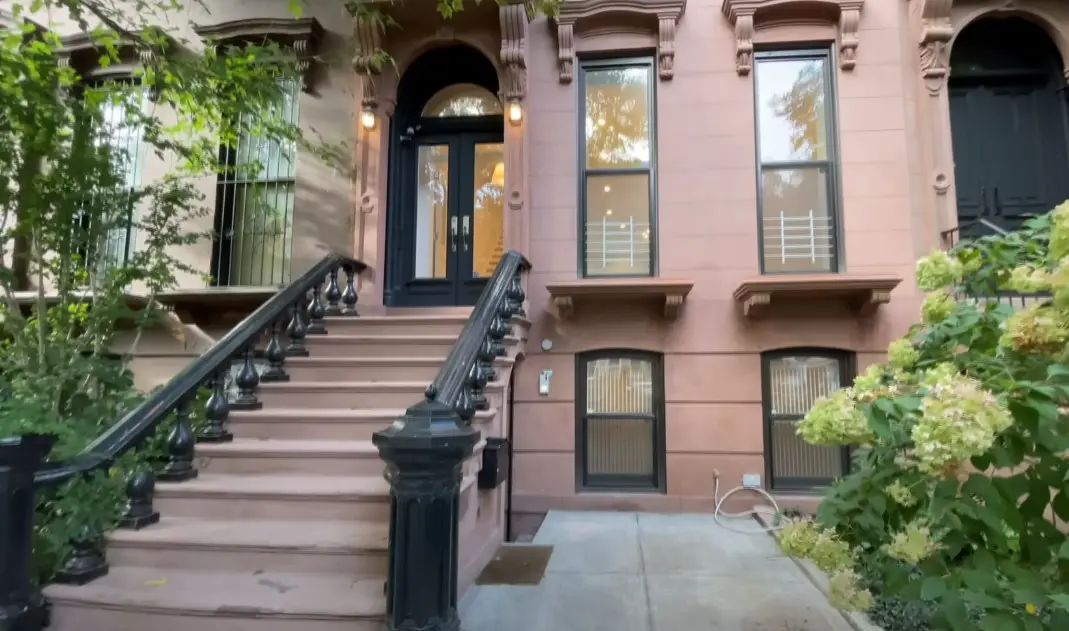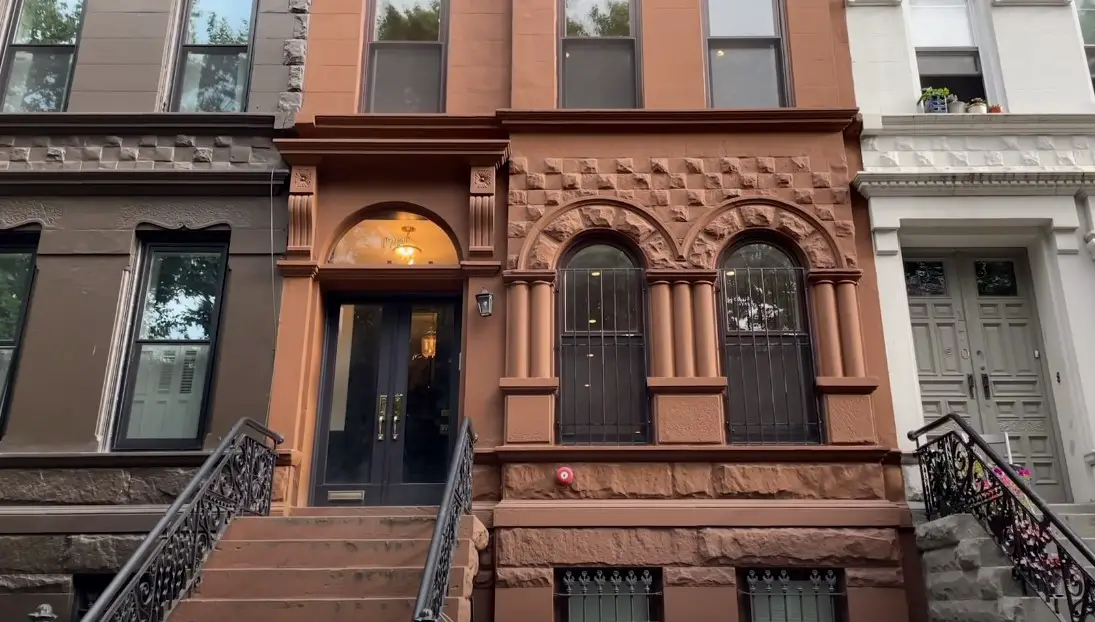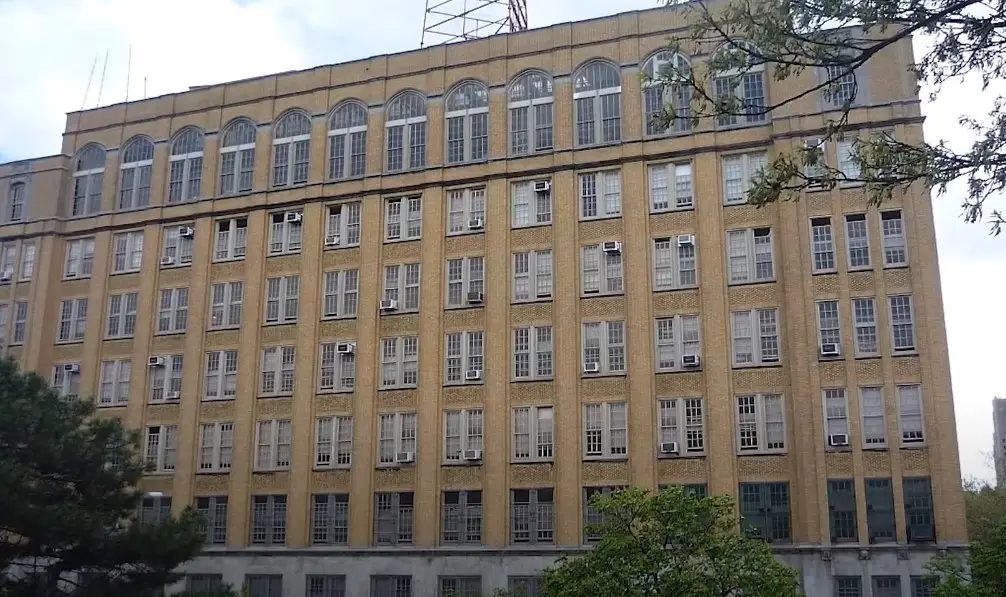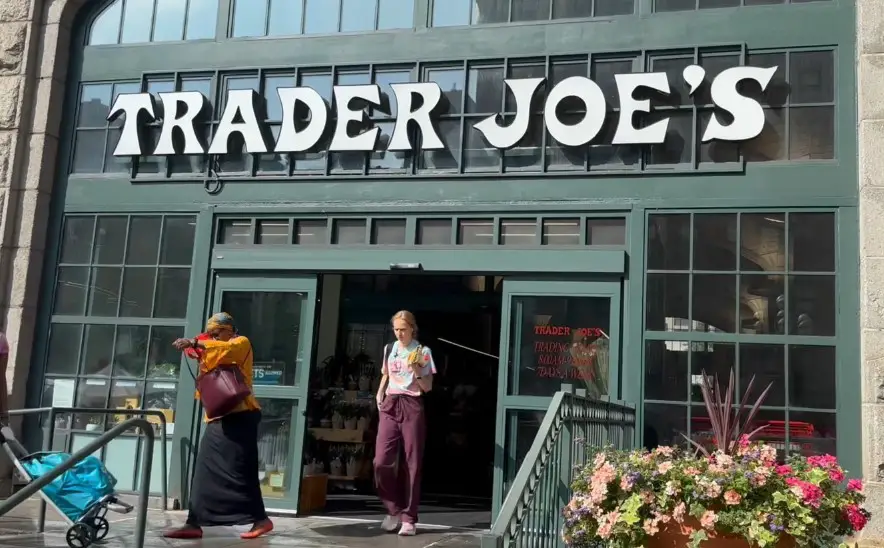Brooklyn, once seen as a lesser-known alternative to Manhattan, has transformed into one of New York City’s most sought-after boroughs. The influx of new residents is driven by its unique blend of cultural diversity, robust community spirit, and a dynamic lifestyle that caters to a wide array of preferences.
This article explores the reasons behind Brooklyn’s growing popularity.
Neighborhoods
| Neighborhood | Key Features | Median Rent (2024) | Population (2024) |
|---|---|---|---|
| Williamsburg | Trendy, vibrant arts scene | $3,500 | 151,000 |
| Park Slope | Tree-lined streets, family-friendly | $3,200 | 68,000 |
| Bushwick | Booming nightlife, street art | $2,800 | 112,000 |
| DUMBO | Scenic views, historic buildings | $4,500 | 4,000 |
| Fort Greene | Cultural diversity, historic brownstones | $3,400 | 25,000 |
Williamsburg
Williamsburg is known for its trendy atmosphere and vibrant arts scene. It attracts a younger demographic with its array of cafes, music venues, and boutiques. The area has experienced significant gentrification, leading to a rise in median rents, which now average around $3,500 in 2024.
Park Slope
Park Slope offers a more family-friendly environment with its tree-lined streets and proximity to Prospect Park. It’s a preferred neighborhood for those seeking a quieter, residential vibe while still having access to excellent schools and amenities. The median rent here is approximately $3,200.
Bushwick
Bushwick has transformed into a hotspot for nightlife and street art. Known for its warehouse parties and vibrant murals, it’s a magnet for creatives and young professionals. Despite rising costs, the median rent in Bushwick is relatively lower at about $2,800.
DUMBO
DUMBO (Down Under the Manhattan Bridge Overpass) is famous for its scenic views of the Manhattan skyline and historic industrial buildings converted into luxury lofts. It’s one of the more expensive areas, with median rents around $4,500 in 2024.
Fort Greene
Fort Greene is celebrated for its cultural diversity and historic brownstones. The neighborhood offers a rich cultural scene with venues like the Brooklyn Academy of Music and numerous parks. The median rent in Fort Greene is about $3,400.
Culture
| Cultural Spot | Highlights | Annual Visitors (2024) |
|---|---|---|
| Brooklyn Museum | Diverse art collections, ancient artifacts | 800,000 |
| Barclays Center | Sports events, concerts | 2.5 million |
| Brooklyn Academy of Music | Theater, dance, music | 650,000 |
| Brooklyn Bridge Park | Waterfront views, recreational activities | 5 million |
| Coney Island | Amusement park, beach | 7 million |
Brooklyn Museum
The Brooklyn Museum is a major cultural institution in the borough, known for its diverse art collections ranging from ancient Egyptian artifacts to contemporary art. It attracts around 800,000 visitors annually, making it a key cultural hub in Brooklyn.
Barclays Center
Barclays Center is a premier venue for sports and entertainment, hosting everything from basketball games to major concerts. In 2024, it drew nearly 2.5 million visitors, solidifying its status as a central part of Brooklyn’s cultural landscape.
Brooklyn Academy of Music
The Brooklyn Academy of Music (BAM) is renowned for its contributions to theater, dance, and music. It offers a variety of performances and events, attracting around 650,000 attendees each year.
Brooklyn Bridge Park
Brooklyn Bridge Park is a favorite recreational spot, offering stunning views of the Manhattan skyline, playgrounds, and sports facilities. It sees about 5 million visitors annually, providing ample opportunities for outdoor activities.
Coney Island
Coney Island remains a beloved destination for both locals and tourists, featuring an amusement park, beach, and boardwalk. It draws around 7 million visitors each year, maintaining its historic charm and vibrant atmosphere.
Food
| Iconic Food Spot | Specialties | Established | Popular Dishes |
|---|---|---|---|
| Di Fara Pizza | Classic New York-style pizza | 1965 | Classic Round Pie, Square Pizza |
| Peter Luger Steak House | Legendary steaks | 1887 | Porterhouse Steak, Creamed Spinach |
| Junior’s Restaurant | Famous cheesecake | 1950 | Original Cheesecake, Pastrami Sandwich |
| Nathan’s Famous | Hot dogs, especially at Coney Island | 1916 | Original Hot Dog, Crinkle-Cut Fries |
| Smorgasburg | Food market with diverse vendors | 2011 | Ramen Burger, Lobster Roll |
Di Fara Pizza
Di Fara Pizza, established in 1965, is a Brooklyn landmark famous for its New York-style pizza. The pizzeria is known for its Classic Round Pie and Square Pizza, both topped with high-quality ingredients like fresh basil, mozzarella, and a drizzle of olive oil. The long lines and rave reviews speak to its enduring popularity.
Peter Luger Steak House
Peter Luger Steak House, which opened its doors in 1887, is renowned for its prime beef. The Porterhouse Steak is the star of the menu, aged and cooked to perfection. Other popular dishes include the Creamed Spinach and German Potatoes, making it a must-visit for steak lovers.
Junior’s Restaurant
Junior’s Restaurant, a staple since 1950, is best known for its Original Cheesecake, often hailed as the best in New York. The menu also features other favorites like the Pastrami Sandwich and Matzo Ball Soup, drawing a diverse crowd of locals and tourists alike.
Nathan’s Famous
Nathan’s Famous, founded in 1916, is synonymous with hot dogs, especially those at its iconic Coney Island location. The Original Hot Dog is a classic, often enjoyed with Crinkle-Cut Fries. Nathan’s also hosts the annual Fourth of July hot dog eating contest, adding to its legendary status.
Smorgasburg
Smorgasburg, established in 2011, is a vibrant outdoor food market that hosts a variety of vendors offering unique dishes. Popular items include the Ramen Burger and Lobster Roll, showcasing the diversity and creativity of Brooklyn’s food scene. It’s a weekend destination for food enthusiasts from all over.
Transportation
| Mode of Transportation | Key Features | Average Commute Time |
|---|---|---|
| Subway | Extensive network, 24/7 service | 35 minutes |
| Bus | Comprehensive coverage across neighborhoods | 45 minutes |
| Ferry | Scenic routes, connects to Manhattan and Queens | 30 minutes |
| Bike | Expanding bike lanes, Citi Bike availability | 20 minutes |
| Car | Varied traffic conditions, higher parking costs | 40 minutes |
Subway
The subway system is the backbone of Brooklyn’s public transportation, providing 24/7 service. With numerous lines crisscrossing the borough, the average commute time to Midtown Manhattan is about 35 minutes. Key subway lines include the L, A, C, F, G, and R, which connect Brooklyn to other parts of New York City.
Bus
Brooklyn’s bus network complements the subway system by offering extensive coverage across all neighborhoods. The average bus commute time is around 45 minutes, depending on traffic conditions. Major bus routes include the B38, B41, and B44, which provide connections to various subway stations and key destinations within the borough.
Ferry
The NYC Ferry service offers scenic routes that connect Brooklyn to Manhattan and Queens. The ferry is a popular choice for those looking to avoid subway congestion while enjoying views of the East River. The average ferry commute time is approximately 30 minutes, with major stops including Brooklyn Bridge Park and DUMBO.
Bike
Brooklyn has seen a significant expansion of bike lanes, making cycling a viable and eco-friendly transportation option. The Citi Bike program further supports this by providing bike-sharing services across the borough. The average bike commute time to key locations like Downtown Brooklyn or Williamsburg is about 20 minutes.
Car
While driving in Brooklyn offers flexibility, it comes with varied traffic conditions and higher parking costs. On average, car commutes within Brooklyn take about 40 minutes. However, finding parking can be challenging and expensive, especially in busier neighborhoods like Downtown Brooklyn and Williamsburg.
Community
| Community Feature | Description | Participation Rate |
|---|---|---|
| Local Events | Street fairs, cultural festivals, farmers’ markets | High |
| Community Groups | Neighborhood associations, volunteer organizations | Moderate |
| Public Parks | Recreation areas, community gardens | Very High |
| Educational Programs | Workshops, adult education classes | High |
| Local Businesses | Small shops, family-owned restaurants | Very High |
Local Events
Brooklyn hosts a variety of local events, from street fairs and cultural festivals to farmers’ markets. These events foster a strong sense of community and draw high participation from residents. Popular events include the Brooklyn Book Festival and the Atlantic Antic street fair.
Community Groups
Numerous neighborhood associations and volunteer organizations operate throughout Brooklyn, focusing on local improvement projects and community support. Participation in these groups is moderate, but they play a crucial role in maintaining the borough’s community spirit.
Public Parks
Brooklyn boasts a wealth of public parks, including Prospect Park, McCarren Park, and Brooklyn Bridge Park. These spaces offer recreation areas, sports facilities, and community gardens, making them popular among residents for leisure and community activities.
Educational Programs
Brooklyn offers a range of educational programs, including workshops and adult education classes, often organized by local libraries and community centers. These programs see high participation rates, reflecting the community’s commitment to lifelong learning.
Local Businesses
The presence of small shops and family-owned restaurants contributes significantly to Brooklyn’s unique charm. These businesses enjoy very high patronage from residents, reinforcing the borough’s reputation for supporting local entrepreneurship and fostering a tight-knit community.
Housing
| Housing Type | Description | Median Price (2024) | Median Rent (2024) |
|---|---|---|---|
| Brownstones | Historic row houses, often with ornate facades | $2.5 million | $7,500/month |
| Lofts | Open-plan industrial spaces converted to homes | $1.8 million | $5,000/month |
| High-Rise Apartments | Modern buildings with amenities | $3 million | $6,500/month |
| Townhouses | Multi-story homes, often single-family | $2.2 million | $6,000/month |
| Condominiums | Individual units within a larger building | $1.5 million | $4,000/month |
Brownstones
Brooklyn’s brownstones, especially in neighborhoods like Park Slope and Fort Greene, are known for their historic charm and architectural beauty. These homes typically feature ornate facades and spacious interiors. As of 2024, the median price for a brownstone is around $2.5 million, while the median rent is approximately $7,500 per month.
Lofts
Lofts, particularly popular in DUMBO and Williamsburg, offer unique living spaces with high ceilings, large windows, and open floor plans. These converted industrial spaces provide a blend of modern and historic elements. The median price for a loft is about $1.8 million, with a median rent of $5,000 per month.
High-Rise Apartments
High-rise apartments in areas like Downtown Brooklyn come with modern amenities such as gyms, pools, and concierge services. These apartments offer stunning views and contemporary living. The median price for a high-rise apartment is around $3 million, and the median rent is about $6,500 per month.
Townhouses
Brooklyn’s townhouses, often found in neighborhoods like Cobble Hill and Carroll Gardens, are multi-story homes that can accommodate single families. These homes are known for their space and often include private outdoor areas. The median price for a townhouse is approximately $2.2 million, with a median rent of $6,000 per month.
Condominiums
Condominiums offer individual units within larger buildings and are popular for their convenience and modern facilities. These units are available across various Brooklyn neighborhoods. The median price for a condominium is around $1.5 million, while the median rent is about $4,000 per month.
Education
| Education Level | Institutions | Enrollment (2024) |
|---|---|---|
| Public Schools | PS 321, Brooklyn Technical High School | 500,000+ |
| Private Schools | Poly Prep, Brooklyn Friends School | 30,000+ |
| Colleges and Universities | Brooklyn College, Pratt Institute | 70,000+ |
Public Schools
Brooklyn offers a range of public schools that are highly regarded for their educational standards. Notable institutions include PS 321, known for its strong academic programs, and Brooklyn Technical High School, one of the top specialized high schools in the city. In 2024, the total enrollment in Brooklyn’s public schools exceeds 500,000 students.
Private Schools
Private education is also a significant part of Brooklyn’s educational landscape. Schools like Poly Prep and Brooklyn Friends School provide rigorous academic programs and extracurricular activities. These institutions cater to approximately 30,000 students annually.
Colleges and Universities
Brooklyn is home to several prestigious higher education institutions. Brooklyn College, part of the City University of New York (CUNY) system, offers a wide range of undergraduate and graduate programs. Pratt Institute is renowned for its architecture, design, and fine arts programs. Combined, these colleges and universities enroll over 70,000 students each year.
Employment
| Employment Sector | Major Employers | Job Growth (2024) | Average Salary (2024) |
|---|---|---|---|
| Technology | Etsy, Kickstarter | 5% | $120,000 |
| Healthcare | NewYork-Presbyterian Brooklyn Methodist | 4% | $85,000 |
| Education | New York City Department of Education | 3% | $75,000 |
| Retail | Trader Joe’s, Whole Foods | 2% | $35,000 |
| Hospitality | Marriott, Hilton | 3% | $40,000 |
Technology
Brooklyn’s technology sector has experienced significant growth, with companies like Etsy and Kickstarter headquartered here. The sector saw a 5% job growth rate in 2024, reflecting the borough’s increasing importance as a tech hub. The average salary in this sector is approximately $120,000.
Healthcare
The healthcare sector remains robust, with major employers such as NewYork-Presbyterian Brooklyn Methodist Hospital. This sector grew by 4% in 2024, driven by the ongoing demand for healthcare services. The average salary for healthcare workers is about $85,000.
Education
Education continues to be a significant employment sector, with institutions like the New York City Department of Education providing numerous jobs. This sector experienced a 3% job growth rate in 2024, with an average salary of around $75,000 for educators and administrative staff.
Retail
Retail jobs are abundant in Brooklyn, with major chains like Trader Joe’s and Whole Foods operating in multiple locations. The sector saw a 2% job growth rate in 2024, and the average salary for retail workers is about $35,000.
Hospitality
The hospitality sector, including hotels and restaurants, remains a vital part of Brooklyn’s economy. Major employers like Marriott and Hilton offer numerous job opportunities. The sector grew by 3% in 2024, with an average salary of approximately $40,000 for hospitality workers.
FAQs
Last Words
Brooklyn’s allure continues to grow, attracting a diverse population with its unique blend of cultural richness, vibrant communities, and varied living options. The borough offers a dynamic lifestyle that appeals to a wide range of preferences, making it an increasingly popular choice for new residents. Whether you’re seeking excellent schools, exciting recreational activities, or a strong sense of community, Brooklyn has it all. As this borough evolves, it remains a compelling place to call home.

